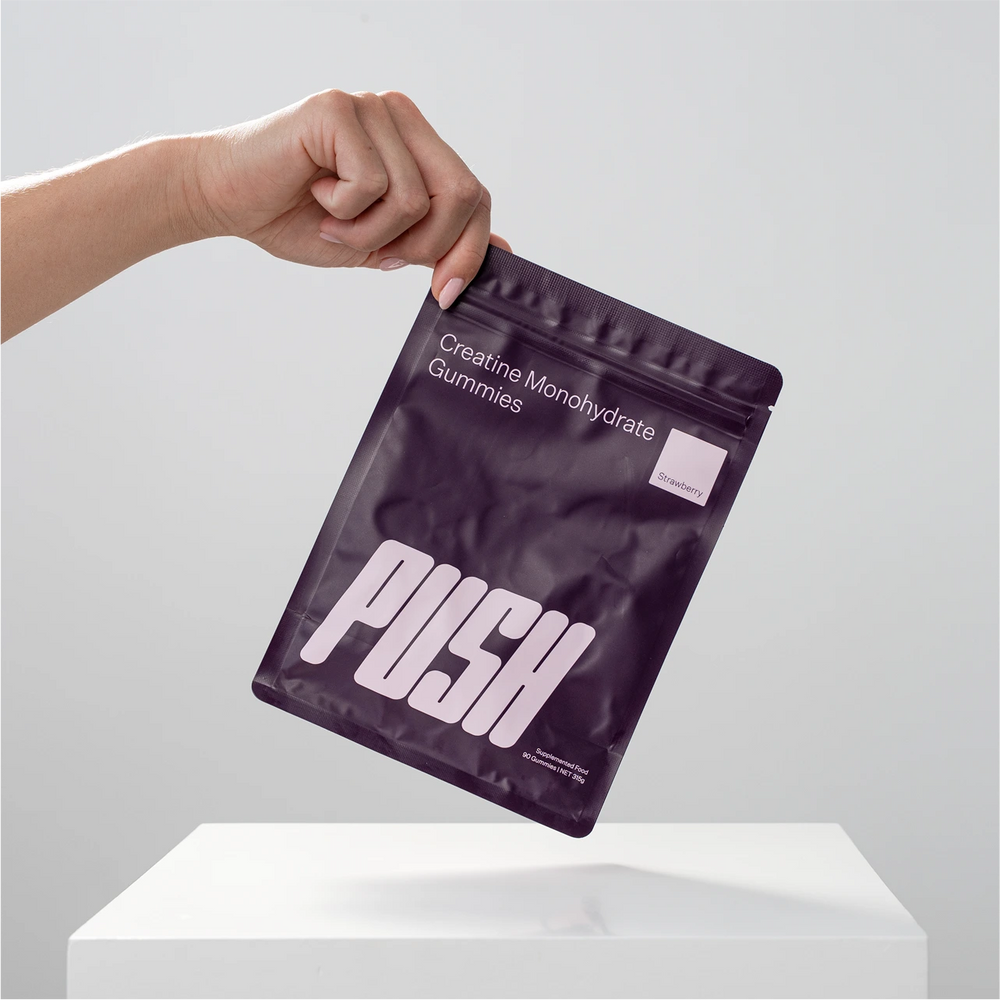Xylitol: The Sweetener that's Safe and Sound

Introduction
In the world of sugar substitutes, there's a sweet contender that stands out for its remarkable safety profile and impressive health benefits – Xylitol. Often misconstrued as just another sugar alcohol, Xylitol deserves recognition for its unique properties. This blog post explores why Xylitol is safe, backed by scientific studies, FDA statements, and a clear understanding of how it interacts with our bodies.
What is Xylitol?
Xylitol is a natural sugar alcohol found in many fruits and vegetables, but it's most commonly derived from birch trees or corn cobs. While it shares the term "sugar alcohol" with other sweeteners, xylitol is neither sugar nor alcohol in the traditional sense. It belongs to a class of compounds known as polyols or sugar alcohols but is chemically distinct from ethanol, the type of alcohol found in alcoholic beverages.
- Safe for Human Consumption
- Incompletely Absorbed by the Body
- Dental Health Benefits
Conclusion
Xylitol is a remarkable sweetener that deserves a place in your pantry. It is safe for human consumption, as confirmed by the FDA and numerous scientific studies. Unlike sugar, xylitol is incompletely absorbed by the body, making it an excellent choice for diabetics and those watching their calorie intake. Furthermore, it offers dental health benefits by inhibiting the growth of cavity-causing bacteria.
In summary, when you choose xylitol as your sweetener of choice, you're making a safe and smart decision that not only satisfies your sweet tooth but also promotes your overall health and well-being. So, go ahead and enjoy the sweetness of xylitol guilt-free!
Our delicious and convenient premium creatine gummies are sugar free and are sweetened with Xylitol! Try Push Gummies today!
